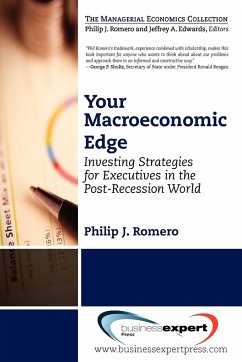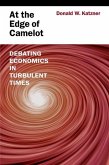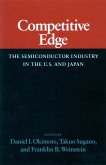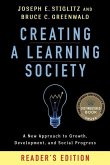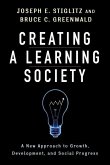Most "managerial economics" textbooks are thinly disguised microeconomics texts: highly theoretical, too dependent on abstract and unproven assumptions, and simply indigestible by busy, practical-minded executives/readers. Furthermore, such texts leave it up to the reader to apply their lessons so as to gain value from the knowledge, and to reinforce that knowledge through practice.
The "theory of the firm" does not resonate with most corporate executives. But in fact, economic forces drive the context for all our important business decisions: When and how much to expand or contract; which markets to enter and exit; when to raise or lower prices; and how to invest surplus resources (retained earnings for companies and savings for individuals).
This book is an application of economics (both micro and macroeconomics) to one of the central challenges of our age for any citizen in a developed economy: How to invest their resources in a changed economic landscape. It contends that thequarter century from the early 1980s to the late 2000s was a unique historical period, creating an exceptionally benign commercial and investing environment. It will not return once the Great Recession is firmly behind us.
Hinweis: Dieser Artikel kann nur an eine deutsche Lieferadresse ausgeliefert werden.
The "theory of the firm" does not resonate with most corporate executives. But in fact, economic forces drive the context for all our important business decisions: When and how much to expand or contract; which markets to enter and exit; when to raise or lower prices; and how to invest surplus resources (retained earnings for companies and savings for individuals).
This book is an application of economics (both micro and macroeconomics) to one of the central challenges of our age for any citizen in a developed economy: How to invest their resources in a changed economic landscape. It contends that thequarter century from the early 1980s to the late 2000s was a unique historical period, creating an exceptionally benign commercial and investing environment. It will not return once the Great Recession is firmly behind us.
Hinweis: Dieser Artikel kann nur an eine deutsche Lieferadresse ausgeliefert werden.

